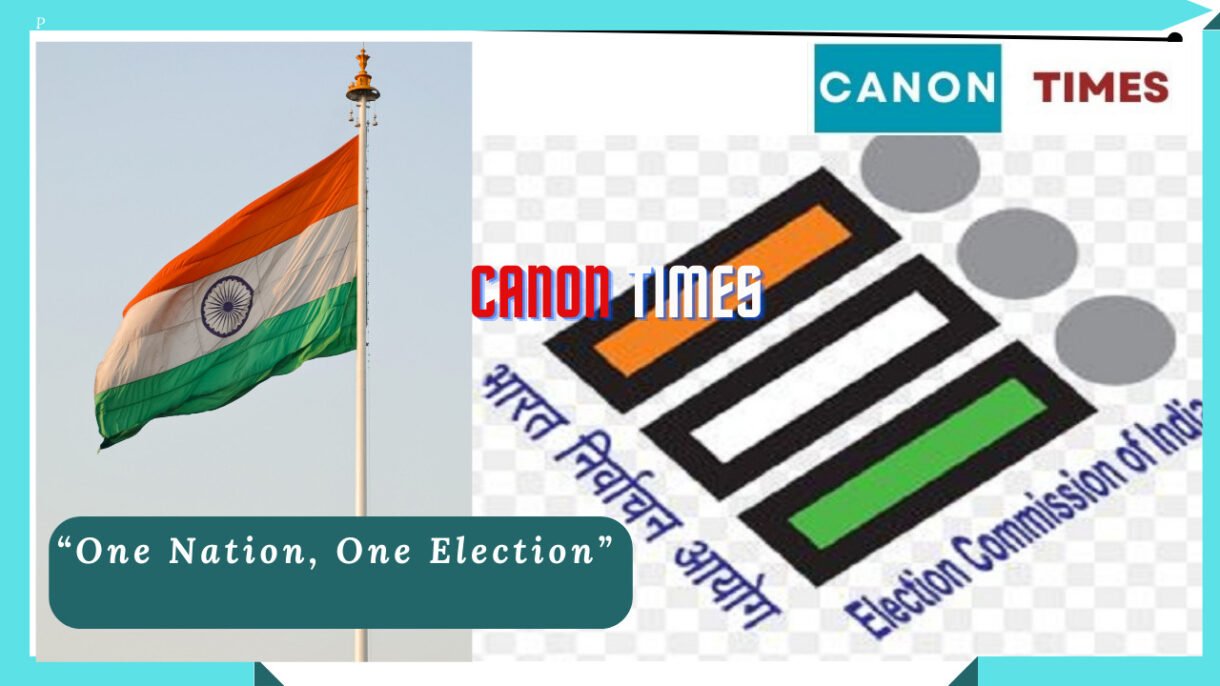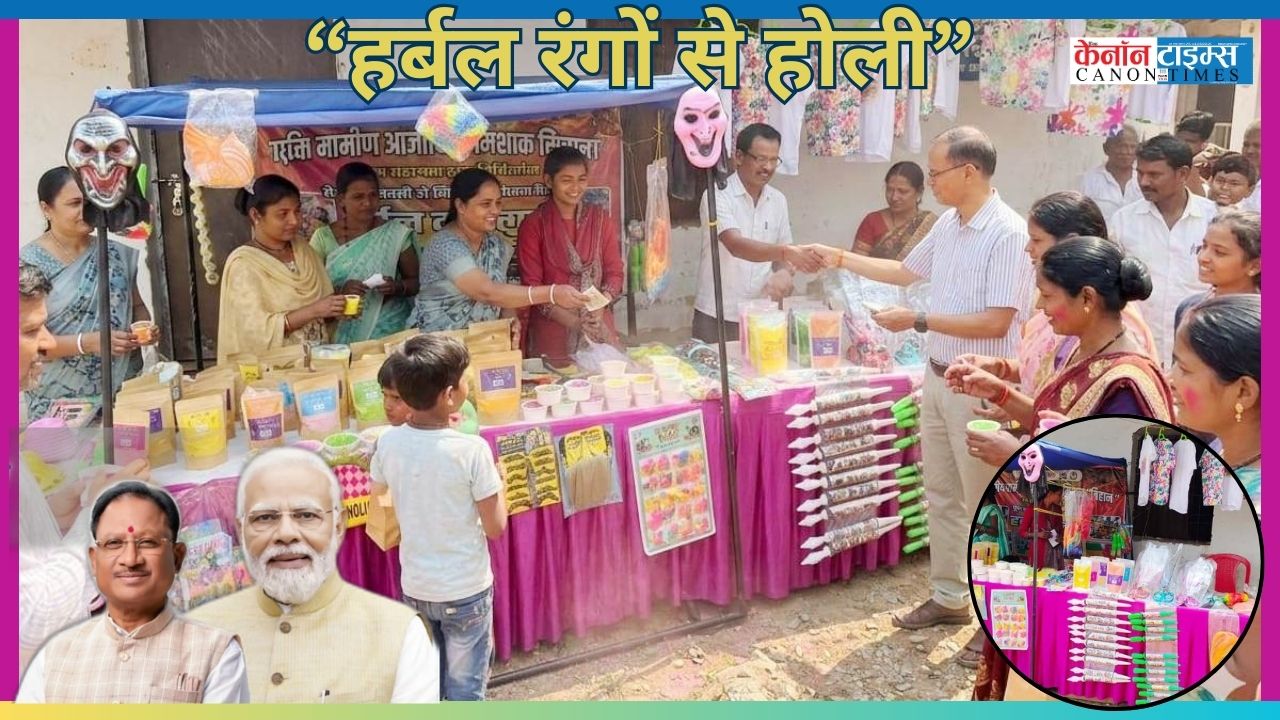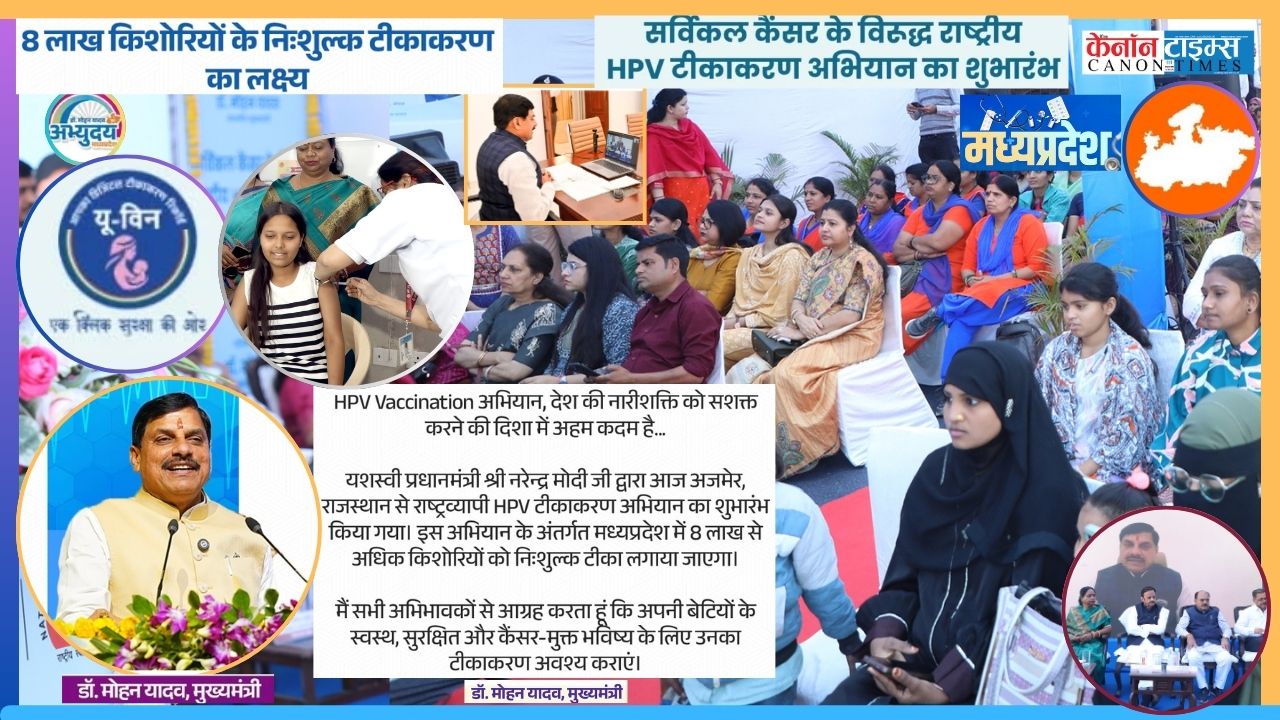Holding simultaneous polls across the country.
To investigate the viability of “One Nation, One Election” in the nation, the central government established a commission. The panel, which is led by former president Ram Nath Kovind, is expected to announce its members soon. Along with this, the government has scheduled a special session of Parliament from September 18 to September 22. The government is speculated to be introducing a bill on “One Nation, One Election” in light of the session’s surprising revelation.
Elections for the Lok Sabha and all state assemblies will be held simultaneously under the idea. Simultaneous voting across the nation is the idea that is meant. When the current government’s term ends or it is dissolved for whatever reason, national elections to elect members of Parliament and state assembly elections are held separately in India.
Advantages of “One Nation, One Election”:
-The concept of “One Nation, One Election” has long been promoted by Prime Minister Narendra Modi. The Bharatiya Janata Party included it in their electoral manifesto for the 2014 Lok Sabha elections.
-One Nation One Election proponents frequently emphasise that after implementation, the cost of the election process as a whole will decrease. Because there are so many states, elections are continually taking place in one or more of them, which causes the Election Commission of India (ECI) and candidates to spend exorbitant amounts of money on the process.
-The One Nation One Election will result in a more effective government, which is another point in its favour. Elections force the whole state apparatus to concentrate on running a free and fair election, which affects daily administration since officials are occupied with polling tasks. The convenience of casting a ballot all at once will undoubtedly increase voter turnout in simultaneous elections. It is anticipated that the concept of “One Nation, One Election” will offer uniformity and continuity to the policies and programmes of the federal government and the states.
-It is anticipated that the concept of “One Nation, One Election” will offer uniformity and continuity to the policies and programmes of the federal government and the states. After the model code of conduct is put into effect during the Lok Sabha elections, no state may begin any new projects or programmes till the elections are over.
Challenges of “One Nation, One Election”:
-Changes to the Constitution and other legal frameworks would also be necessary to achieve “One Nation, One Election”. It would need a constitutional amendment and then it would need to be taken to state assemblies.
-The most difficult task facing the “One Nation One election” is synchronising the tenure of the different state legislative legislatures with those of the Lok Sabha. Also unclear is how to handle circumstances like midterm elections or the president’s rule in the event that no party wins a majority. Regional political parties contend that holding the two elections concurrently would hurt their chances since they won’t be able to prominently emphasise local concerns. Additionally, they worry that they cannot compete financially or in terms of electoral strategy with national parties.
Author: This news is edited by: Abhishek Verma, (Editor, CANON TIMES)
Authentic news.






